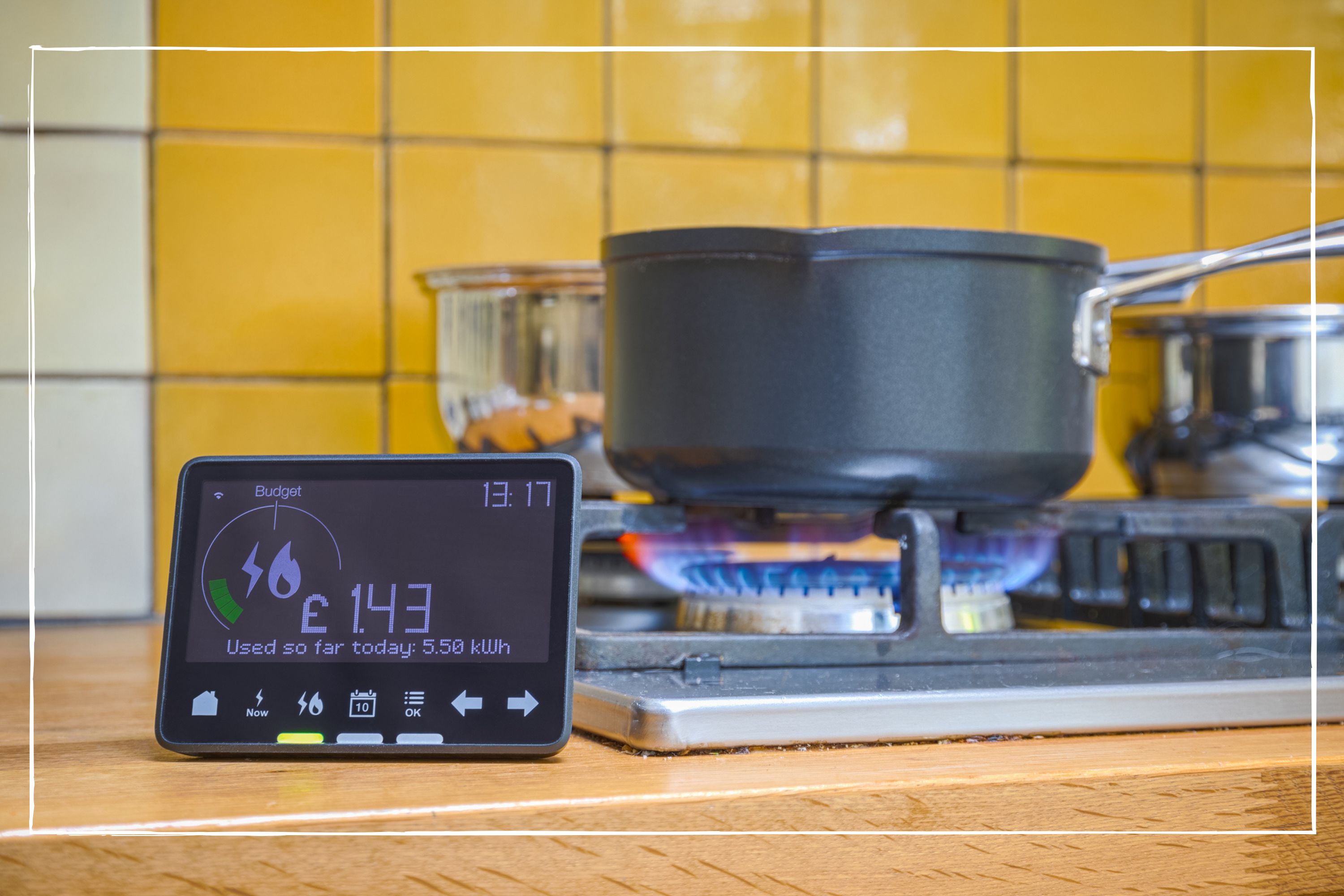
Summer is finally here and at last families can enjoy some respite from crippling energy bills. But it’s not just warmer weather that’s leading to a reduction in our bills. It’s also all change in the pricing of our gas and electricity, with the introduction of a new energy price cap and a fresh wave of price competition from suppliers.
Gareth Kloet, energy spokesperson from Go.Compare, explains: “With the new, lower, energy price cap having come into effect on 1st July, energy prices have finally fallen slightly – and suppliers are starting to introduce new rates and deals into the market.”
But while more options are available, many are only being offered to existing customers and information about them isn’t in the public domain, making it hard for families to understand how much their energy bills will cost and whether they should switch their tariff type or move providers to get a cheaper deal.
Consumer champion Martin Lewis has written to the energy regulator Ofgem, calling on them to publish customer-only deals to help families work out whether they should switch from a variable rate tariff, which most people are on now, to a fixed-rate tariff.
That means that, in the absence of any helpful comparisons, if you’ve been offered a new deal from your supplier and are tempted to switch, it’s important to understand what’s happening in the energy market first.
Here’s what you need to think about before you decide to fix or stay on your current variable rate tariff.
1. The new energy price cap
- Current price cap is £2,074 until the end of September 2023, based on typical use
- But this only limits the price you pay per unit of energy (as well as daily standing charges) you pay, and not your whole bill
- Your bill will depend on how much gas and electricity you actually use
You’re not alone if you’re confused about what’s going on with energy pricing at the moment. But to make an informed decision, it’s important to understand changes to energy pricing.
Consumer finance specialist at Royal London Sarah Pennells explains: “The government’s energy price guarantee, which had limited the annual energy bill for a typical household paying by direct debit to £2,500, came to an end on June 30th.
“From the start of July, energy prices for people on the standard variable tariff (but not fixed rate deals) are limited by the energy price cap, which is set by the regulator, Ofgem.”
Under this new price cap, the typical household – that pays by direct debit – will pay £2,074 a year, that’s roughly £400 less than they were paying under the old energy price guarantee.
But it’s important to note that this cap only limits the price suppliers can charge for each unit of energy (and the standing charge), it doesn’t actually limit your bill. Whack the heating on full blast and run the tumble dryer every day and you will still end up paying considerably more than £2,074. So even if you are offered a tempting fixed-rate deal, it's still important to understand how to save energy at home to keep your bill as low as possible.
2. The outlook for energy prices
The energy price cap is reviewed every three months, meaning the current cap will only apply until the end of September. A new cap will be announced in the coming weeks which will dictate what people pay for the period from October 2023 until the end of the year.
Current predictions are that the cap will fall again in October but there could be a small uptick at the start of 2024. Analysts at Cornwall Insight have forecast a drop in October, which will bring down the price for a typical household to £1,879 a year, followed by an increase in January, taking that annual bill figure back up to £1,917 (figures correct at the time of writing).
But that’s still comfortably below the £2,500 average under the energy price guarantee that ran until the end of June this year. However, these forecasts change all the time, and nothing is certain until the energy regulator Ofgem announces what the official cap figure will be nearer the time.
The risk of fixing now is that, if prices do start to fall further, you could miss out on cheaper deals a few months down the line.

3. What you're paying now
Before you can work out whether to switch you need to think about how much you’re paying now. Most people will be on their supplier's default or variable rate tariff as fixed rate deals were removed from the market at the start of the energy crisis. If you were on a fixed-rate tariff, when it came to an end, you will have been moved on to your supplier's variable rate tariff.
Go.Compare's Gareth Kloet says: “Variable rate energy tariffs are very common, and if you are on one of these, it’s important to check the various charges and rates included – such as the standing charge, and unit energy prices. Remember that with a variable tariff, your supplier can change these prices during your contract term to reflect what’s happening in the energy market, so they can go up or down.”
But now that energy prices are coming down and the Energy Price Guarantee has ended, suppliers are starting to offer fixed-priced deals again. Most of these are currently only being offered to existing customers, but deals available to everyone won't be too far behind.
When you agree to a fixed-rate from your supplier, you’ll lock in that price, for the duration of the deal. Energy expert Gareth Kloet adds: “This means that if energy prices spike upwards once again, you could make a saving – while unfortunately if prices fall further than the rate you locked into when you switched, you won’t benefit.”
4. Exit penalties
If energy prices fall further and you’re on a fixed-rate tariff, you can end it, but you’ll like be a hit with charge for ending your contract early.
Personal finance expert Sarah Pennells, says: “Whatever the level of the fixed price deal you’re considering, it’s important to look at the exit penalties, which you have to pay if you come out of the deal early. These typically start from £25 per fuel (so from £50 in total if you’re on a dual fuel deal).“
If you can save more than the penalty charge by switching, then it's worthwhile considering.

5. Your budget
To be a genuinely good deal, you would want the cost of your new tariff to be below the current price cap (£2,074 a year). Bear in mind that the cap could fall further during the duration of a fixed tariff, which tends to be 12 months.
If you are offered a deal that is on par with the energy price cap (or a little more), whether you should fix comes down to your personal preference and how important it is for you to pay a fixed rate.
Personal finance expert Sarah Pennells says: “If it’s at the same level as the price cap, you may want to take this deal if your budget couldn’t cope with any further rise in energy costs as it will protect you against price rises during the period of the deal.”
But, if you can afford some further increases in the short term, you might be better off in the long run, holding your nerve and waiting for a cheaper fixed tariff to come along, once prices have fallen further.
Go.Compare's Gareth Kloet adds: “It is a tumultuous time for the energy market, and there is a lot of uncertainty about what will happen in the next 12 months – so ultimately, any decision you make should take this into account.”
“If you do decide to shop around, use a price comparison site to see all the options available, and remember to check back regularly. Energy deals are starting to pop up more frequently, but can come and go quite quickly, so if you don’t immediately see a deal that suits you, it’s worth looking again.”
You might be interested in our other guides on whether you should fix your energy prices, whether electricity is cheaper at night, and what to do if you are struggling to pay your energy bills.







